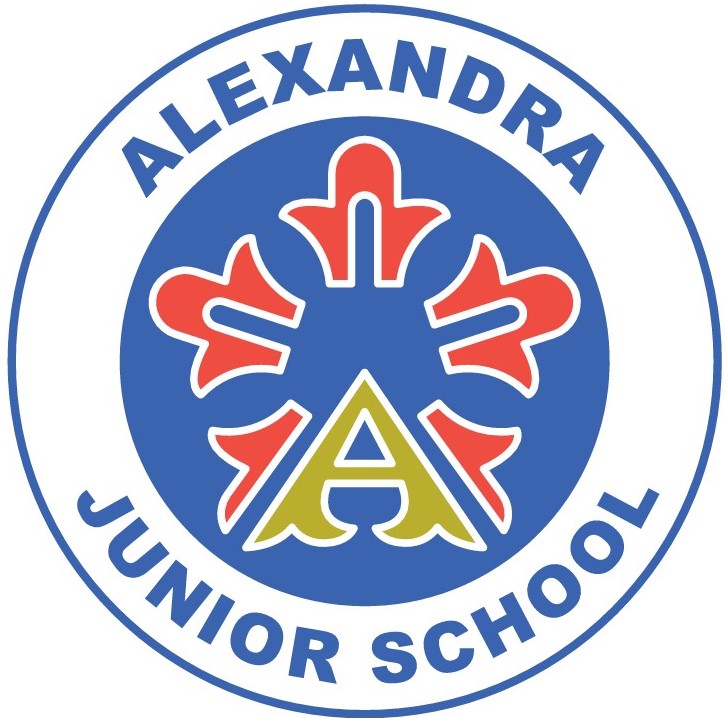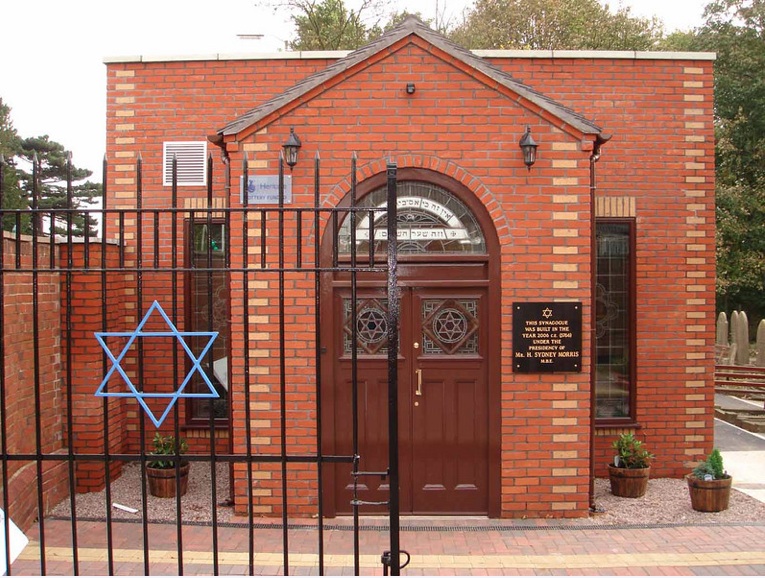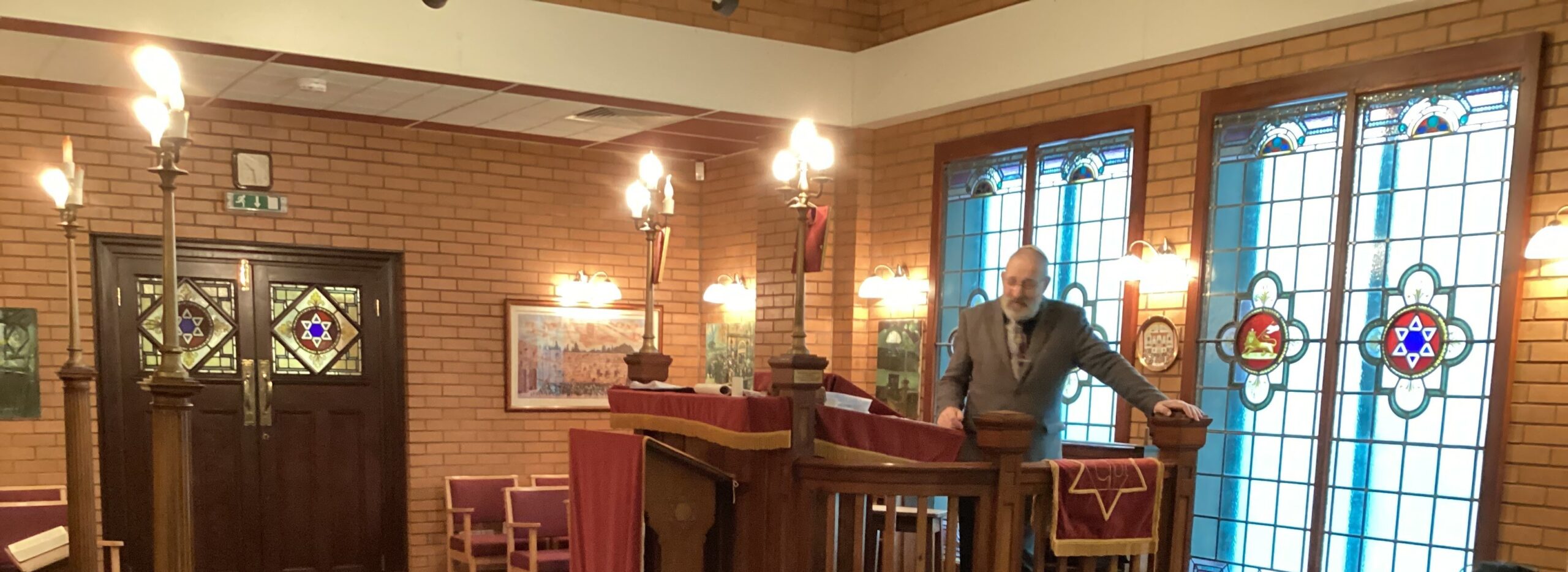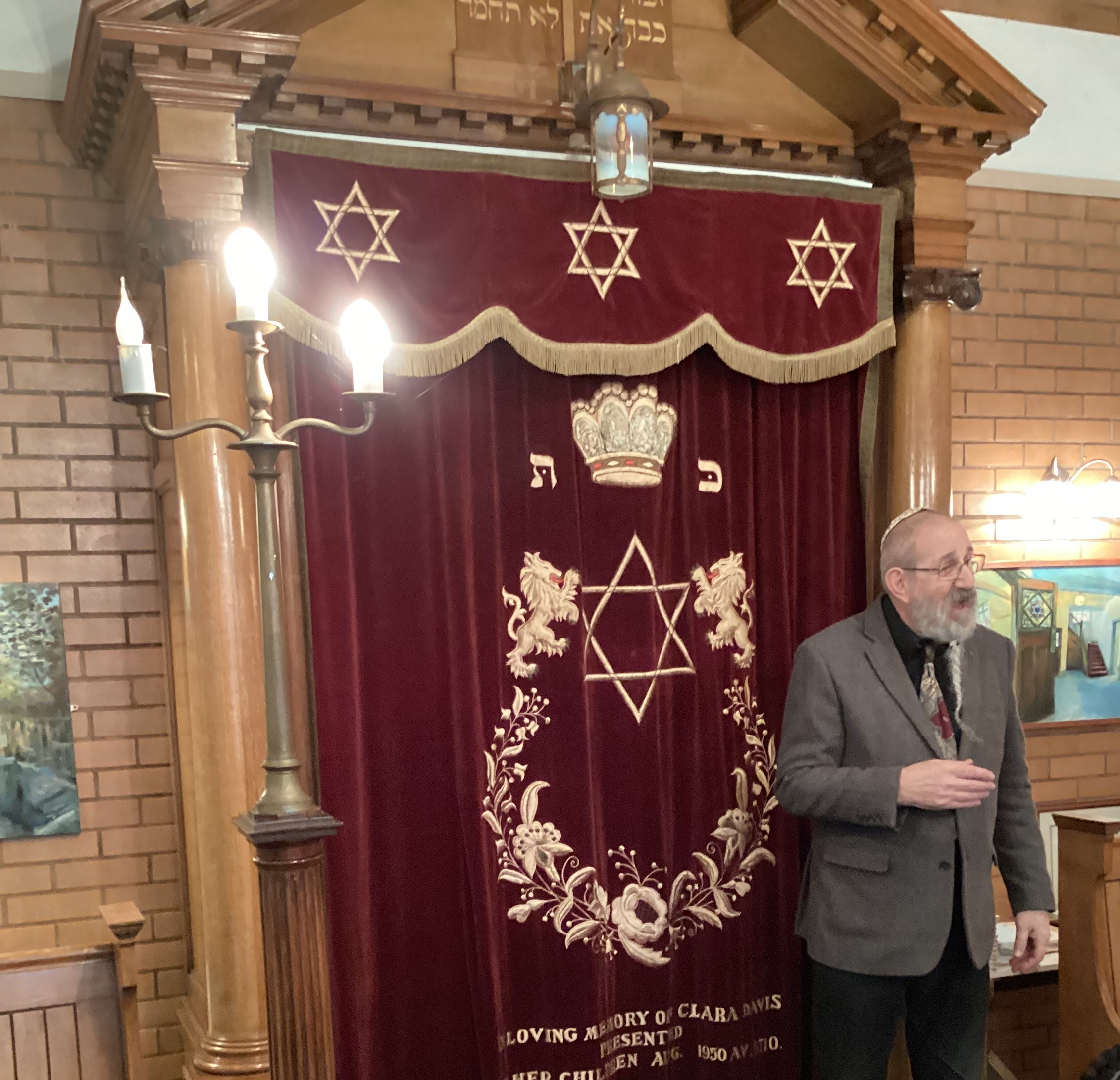Religious Education: RE
Religious Education (RE) Vision
(Subject Lead: Mrs S. Wilton)
At Alexandra Junior School, we aim to equip pupils with systematic knowledge and understanding of a range of religions and beliefs, enabling them to develop their ideas, values and identities. Religious education contributes dynamically to our pupils’ education by provoking challenging questions about meaning and purpose in life, beliefs about God, ultimate reality, issues of right and wrong and what it means to be human. In RE, pupils learn about religions and beliefs in local, national and global contexts, to discover, explore and consider different answers to these questions. Pupils learn to weigh up the value of wisdom from different sources, to develop and express their insights in response and to agree or disagree respectfully.
We enable children to develop a sound knowledge not only of Christianity but also of other world religions, especially Islam, Hinduism, Judaism and also of non-religions. Children reflect on what it means to have a faith and to develop their own spiritual knowledge and understanding. At Alexandra Junior School, Religious Education plays an important part, in association with other subjects, in promoting the spiritual, moral, social and cultural development. We help the children learn from religions as well as about religions. Integrated within our daily life is our Alexandra Promise to our pupils and our school context-based drivers, the 5E’s (Excel yourself, Embrace yourself, Explore the world, Engage with others, Express yourself).
At Alexandra Junior School, we follow the Stoke agreed syllabus for Religious Education 2021-2026 which states, ‘The principal aim of religious education is to explore what people believe and what difference this makes to how they live, so that pupils can gain the knowledge, understanding and skills needed to handle questions raised by religion and belief, reflecting on their own ideas and ways of living.’ (Stoke On Trent, Agreed Syllabus 2021-2026 pg 9)
We understand that every child has the right to an education (as in accordance in with UNCRC article 28). The teaching of Religious Education will fulfil the children’s rights.
Our principal aims for RE are to enable children to:
- make sense of a range of religious and non-religious beliefs, so that they can
- identify, describe, explain and analyse beliefs and concepts in the context of living religions, using appropriate vocabulary
- explain how and why these beliefs are understood in different ways, by individuals and within communities
- recognise how and why sources of authority (e.g. texts, teachings, traditions, leaders) are used, expressed and interpreted in different ways, developing skills of interpretation
- understand the impact and significance of religious and non-religious beliefs, so that they can:
- examine and explain how and why people express their beliefs in diverse ways
- recognise and account for ways in which people put their beliefs into action in diverse ways, in their everyday lives, within their communities and in the wider world
- appreciate and appraise the significance of different ways of life and ways of expressing meaning
- make connections between religious and non-religious beliefs, concepts, practices ad ideas studied, so that they can:
- evaluate, reflect on and enquire into key concepts and questions studied, responding thoughtfully and creatively, giving good reasons for their responses
- challenge the ideas studied, and allow the ideas studied to challenge their own thinking, articulating beliefs, values and commitments clearly in response
- discern possible connections between the ideas studied and their own ways of understanding the world, expressing their critical responses and personal reflections with increasing clarity and understanding
We welcome you to review the Curriculum and Pedagogy documents to see how the RE curriculum is put into practice.
Subject Lead Statement
I would like to introduce myself as Mrs Wilton, Religious Education (RE) lead here at Alexandra Junior School. During their time at the Junior School, we expect your child to build and extend their knowledge and understanding of religions and worldviews. We encourage the children to be curious and ask increasingly challenging questions about religion, belief, values and human life. We enable children to develop a sound knowledge not only of Christianity but also of other world religions, especially Islam, Hinduism, Judaism and faiths of children within our school. Children reflect on what it means to have a faith and to develop their own spiritual knowledge and understanding.
Our teaching enables children to extend their own sense of values and promotes their spiritual growth and development. We encourage children to think about their own views and values in relation to the themes and topics studied in the RE curriculum.
As part of my role as subject lead, I take great pride in talking to the children about their own religious views (if applicable) and they take great pride in sharing it with myself and their peers. I have built up strong links with local places of worship and am broadening this even further so the children have more opportunities to visit places of worship.
It is lovely to hear all about the children’s learning in their RE lessons. The children speak very highly of their lessons and enjoy sharing what they have learnt with others. They take great pride in their work and this is shown through the floor books which are produced to showcase their work.
To ensure that high standards are maintained, I regularly monitor the children’s learning. This is in the form of floor book scrutinies, pupil interviews, lesson observations and by looking at the assessment which is done at the end of each unit.
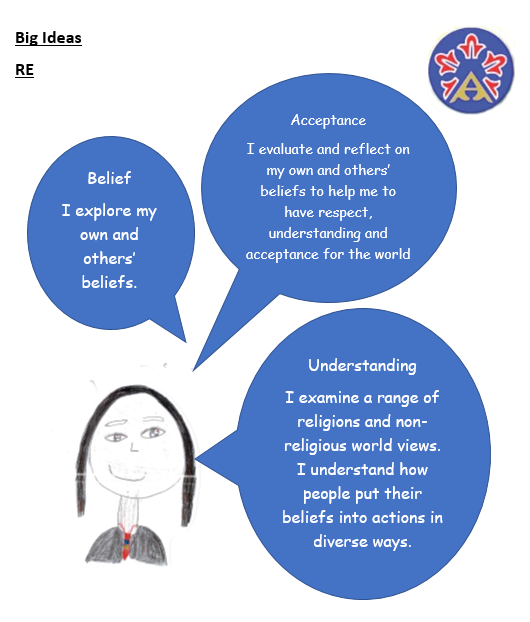
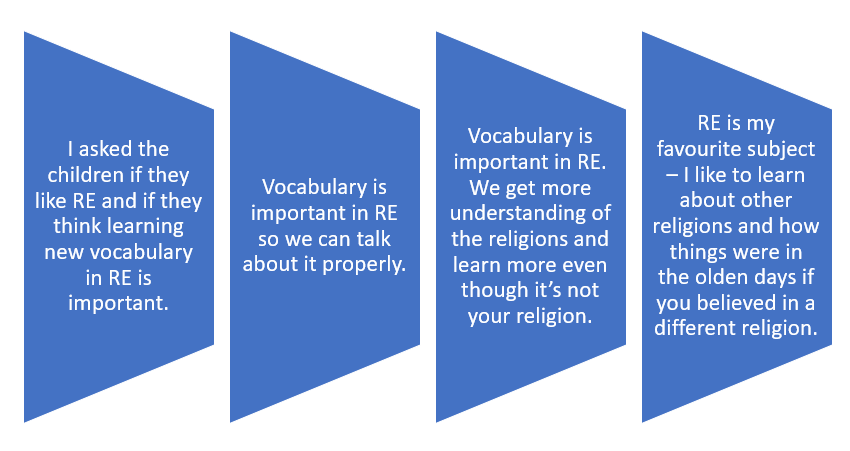
Click on the arrows on the images above to look through our trip photos!
